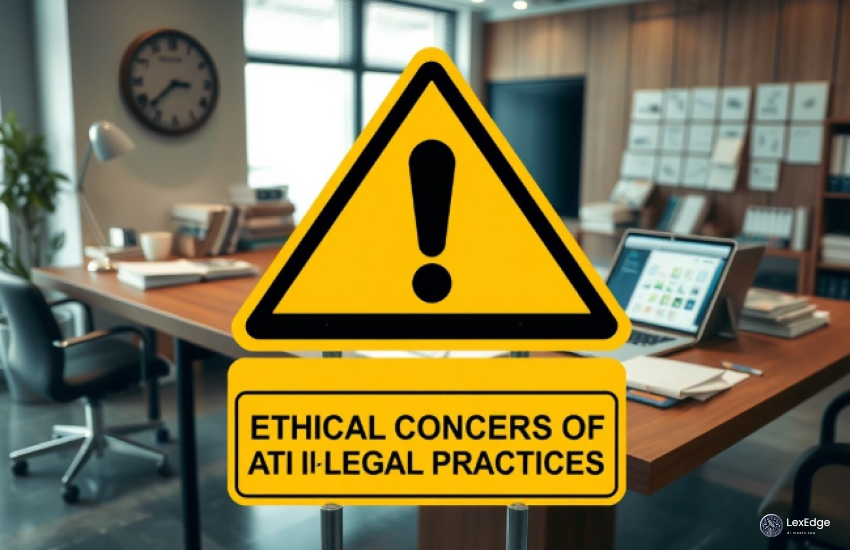Advantages and Disadvantages of AI in Litigation Support

Artificial intelligence is transforming litigation support by automating routine legal tasks, enhancing research capabilities, and reducing costs. Tools like predictive coding and large language models accelerate workflows and improve accuracy in document handling. However, AI comes with limitations such as contextual misinterpretation, ethical concerns, and risks of over-reliance.
The Rise of AI in Legal Practice

Artificial intelligence has been quietly transforming litigation support and eDiscovery for years, with technologies like predictive coding laying the groundwork for more advanced applications. The emergence of sophisticated large language models, such as ChatGPT, has accelerated implementation across the legal sector, marking a significant shift in how legal professionals handle complex litigation tasks.
Advantages of AI in Litigation Support

AI-powered solutions provide law firms with powerful tools to streamline labor-intensive tasks, resulting in substantial time savings. This efficiency enables legal professionals to focus on higher-value work requiring human expertise.
One of the most notable applications of AI in litigation support is in generating legal documents with greater speed and fewer errors, significantly enhancing document management processes.
Furthermore, AI enhances research capabilities, allowing attorneys to rapidly identify precedents and relevant case law, which is crucial during time-sensitive litigation.
Cost reduction is another significant advantage. By automating routine tasks, AI helps reduce billable hours while maintaining or improving the quality of legal services.
Finally, when implemented effectively, AI can enhance accuracy in document reviews, applying consistent criteria to vast datasets and minimizing human error.
Disadvantages and Limitations

Despite its advantages, AI in litigation support comes with notable limitations. A significant concern is its limited contextual understanding of complex legal concepts, which may lead to misinterpretations.
The risk of incorrect information generation is also alarming, illustrated by the *Mata v. Avianca, Inc.* case, where AI produced fictitious legal precedents that harmed the case’s integrity.
There are essential ethical considerations surrounding AI use in law, raising questions about responsibility and confidentiality.
Moreover, an over-reliance on AI could result in diminished personal interaction between attorneys and clients, risking the client relationship, especially in sensitive cases.
Lastly, there exists the potential for resource asymmetry; parties with greater access to advanced AI tools may gain an unfair advantage in litigation.
Future Outlook

The legal profession is witnessing an evolving landscape with AI technologies, akin to a “gold rush” era of technological advancements. Future implementations that successfully marry innovation with human oversight will be vital to leveraging AI as a supportive tool rather than a replacement for legal expertise. Law firms exploring AI adoption must engage in thorough testing, establish clear ethical guidelines, and conduct ongoing evaluations to maximize benefits.
Conclusion
AI’s integration into litigation support presents both opportunities and challenges for the legal industry. For law firms looking to streamline their recruitment processes using innovative technology, our AI-powered recruitment solutions can help you find the best talent efficiently.

